-
Contact us with Whatsapp:
+8801734997063 -
Mail Us:
[email protected] -
Service Hours
24/7
Essential Car Maintenance Tips for Keeping Your Vehicle
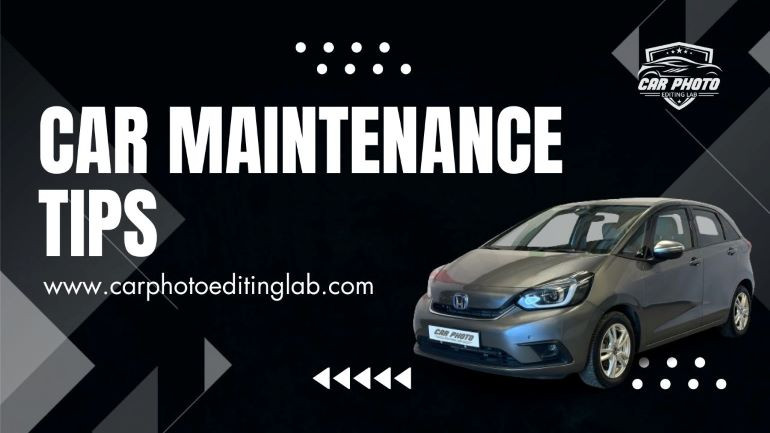
Mar 2024
- 01 Mar 2024
- Business Solution
- 0 Views
Essential Car Maintenance Tips for Keeping Your Vehicle
Introduction: Maintaining your car is essential for ensuring its longevity, performance, and safety. Regular maintenance not only prevents unexpected breakdowns but also saves you money on costly repairs in the long run. In this guide, we'll explore a comprehensive list of car maintenance tips to help you keep your vehicle running smoothly for years to come.
Regular Oil Changes: Regular oil changes are a cornerstone of effective car maintenance, ensuring the smooth operation and longevity of your vehicle's engine. Regularly changing engine oil is crucial as it lubricates moving parts, minimizing friction and protecting against premature wear and tear, but over time, it degrades and accumulates contaminants, compromising its ability to function optimally. By adhering to a regular oil change schedule as recommended by your vehicle manufacturer, typically every 5,000 to 7,500 miles for conventional oil and up to 10,000 miles for synthetic oil, you can ensure optimal engine performance and prolong the life of your engine.
Monitor Fluid Levels: Monitoring fluid levels is another critical aspect of car maintenance that shouldn't be overlooked. In addition to engine oil, your vehicle relies on various other fluids such as coolant, transmission fluid, brake fluid, and power steering fluid to operate efficiently. Low fluid levels can lead to overheating, transmission problems, brake failure, and steering issues. Regularly checking fluid levels and topping them up as needed can help prevent costly repairs and ensure your vehicle operates smoothly and safely.
Keep Tires Properly Inflated: Properly inflated tires are essential for maintaining fuel efficiency, prolonging tire life, and ensuring safe handling and braking performance. Under-inflated tires can increase rolling resistance, leading to decreased fuel economy and accelerated tire wear. They also compromise vehicle stability and increase the risk of blowouts, especially at high speeds. Use a tire pressure gauge to check tire pressure monthly and inflate them to the recommended psi specified in your owner's manual or on the sticker inside the driver's side door jamb.
Replace Worn-out Tires: Replacing worn-out tires is crucial for ensuring optimal traction, handling, and safety on the road. Tires naturally wear down over time due to factors such as road conditions, driving habits, and tire maintenance. Inspect your tires regularly for signs of wear, including uneven tread wear, cracking, bulging, or low tread depth. If you notice any of these signs, it's time to replace your tires to maintain optimal performance and safety.
Check and Replace Air Filters: Air filters play a vital role in maintaining engine performance and fuel efficiency by preventing dirt, dust, and debris from entering the engine. Over time, air filters become clogged and dirty, reducing airflow and engine efficiency. Regularly checking and replacing air filters as recommended by your vehicle manufacturer, typically every 12,000 to 15,000 miles, ensures your engine receives clean air for optimal combustion and performance. By staying proactive with air filter maintenance, you can maximize fuel efficiency, reduce emissions, and extend the life of your engine.
Inspect and Replace Wiper Blades: Inspecting and replacing wiper blades is a crucial yet often overlooked aspect of car maintenance. Wiper blades play a vital role in maintaining clear visibility during inclement weather conditions, such as rain, snow, or sleet. Over time, wiper blades can become worn, cracked, or torn, resulting in streaking, skipping, or squeaking on the windshield. Reduced visibility due to ineffective wiper blades poses a significant safety hazard, increasing the risk of accidents, especially in adverse weather conditions. Therefore, it's essential to inspect your wiper blades regularly and replace them if they show signs of wear or damage to ensure optimum visibility and safety on the road.
Test and Replace Brake Pads: Testing and replacing brake pads is essential for maintaining safe braking performance and preventing brake system failures. Brake pads are designed to grip the brake rotors and slow down or stop the vehicle when the brake pedal is pressed. However, brake pads wear down over time due to friction and heat generated during braking. Worn brake pads can compromise braking efficiency, increase stopping distances, and pose a safety risk. Therefore, it's crucial to have your brake pads inspected regularly, typically every 25,000 to 50,000 miles, depending on driving habits and conditions. If your brake pads are worn down beyond the recommended thickness, it's essential to replace them promptly to ensure optimal braking performance and safety on the road.
Maintain Battery Health: Maintaining battery health is critical for ensuring reliable vehicle starting, especially during cold weather conditions. The battery supplies electrical energy to initiate engine ignition and power various electrical devices like headlights, radio, and air conditioning. However, car batteries can degrade over time due to factors such as temperature extremes, excessive vibration, and age. Signs of a weak or failing battery include slow cranking, dim lights, and difficulty starting the engine. To maintain battery health, it's essential to regularly inspect the battery terminals for corrosion and ensure they're securely connected. Additionally, if your battery is more than three years old or showing signs of weakness, such as those mentioned above, consider replacing it to prevent unexpected breakdowns and ensure reliable vehicle starting.
Test Lights and Signals: Testing lights and signals is an essential part of vehicle maintenance to ensure visibility and safety on the road, especially during nighttime driving or adverse weather conditions. All exterior lights, including headlights, taillights, brake lights, and turn signals, should be inspected regularly for proper operation. Burnt-out bulbs or malfunctioning lights can reduce visibility to other drivers and increase the risk of accidents. Therefore, it's essential to test all lights and signals periodically and replace any bulbs that are burnt out or dim to ensure optimal visibility and safety on the road.
Keep Your Car Clean: Keeping your car clean is not just about aesthetics; it's also essential for preserving the condition and value of your vehicle. Regular washing and waxing help remove dirt, grime, and contaminants from the exterior paint and finish, preventing corrosion and damage. Cleanliness extends beyond the exterior to the interior of the vehicle, where regular vacuuming and cleaning help remove dirt, debris, and spills, preserving the condition of upholstery and surfaces. By maintaining a clean car, you not only enhance its appearance but also protect its resale value and longevity.
Follow the Maintenance Schedule: Following the maintenance schedule outlined in your vehicle's owner's manual is essential for ensuring proper upkeep and longevity of your car. The maintenance schedule includes a comprehensive list of recommended maintenance tasks and intervals specified by the manufacturer. These tasks may include oil changes, tire rotations, fluid checks, filter replacements, and more. Adhering to the maintenance schedule ensures that your vehicle receives timely attention and preventive maintenance, reducing the risk of unexpected breakdowns and costly repairs. By following the maintenance schedule diligently, you can prolong the life of your vehicle, maintain its performance and reliability, and ultimately save money on maintenance and repairs in the long run.
Conclusion: Proper car maintenance is essential for preserving the performance, safety, and longevity of your vehicle. By following these car maintenance tips, you can keep your car running smoothly for years to come, saving you money on repairs and ensuring a safer driving experience for you and your passengers.










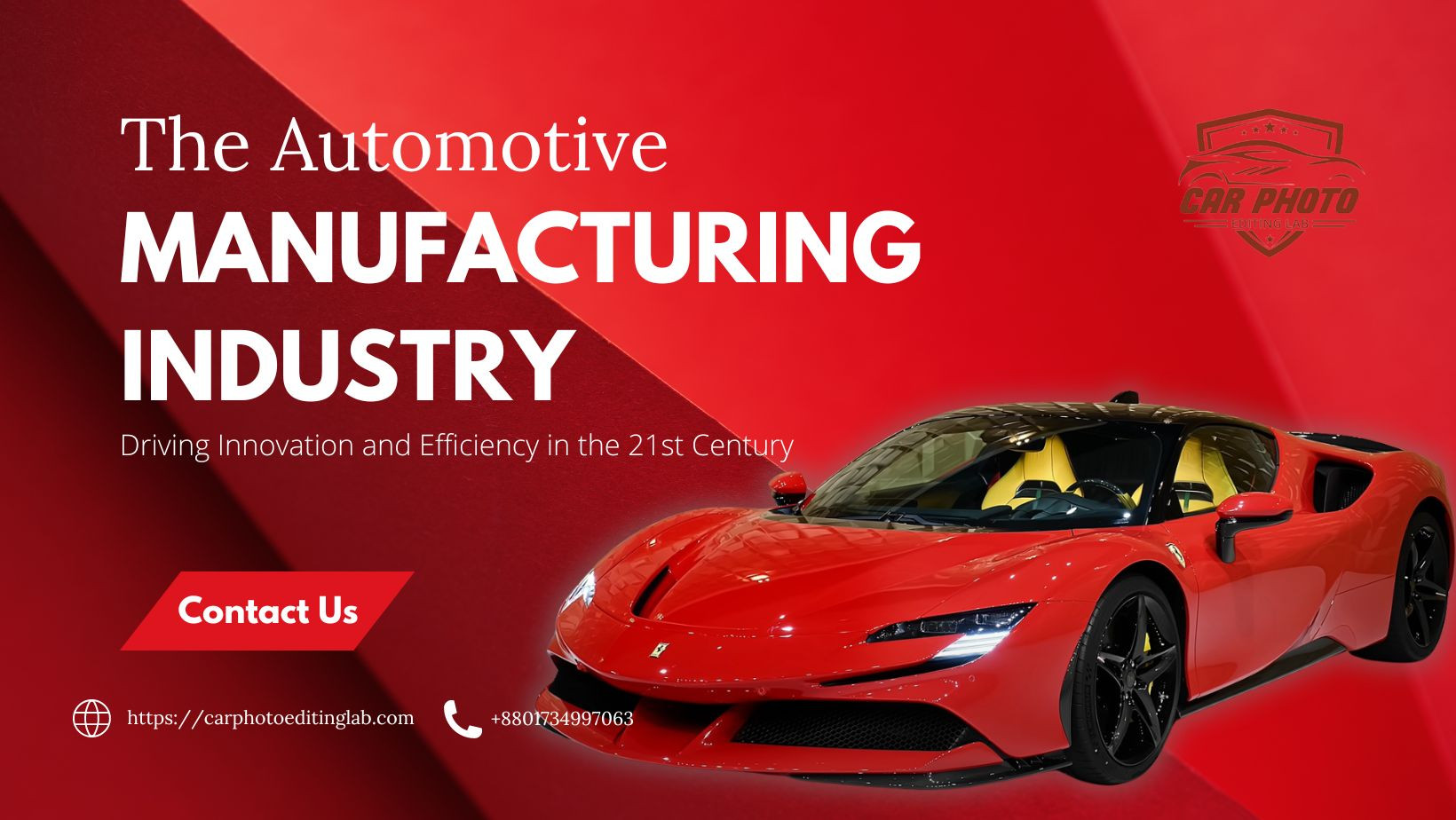
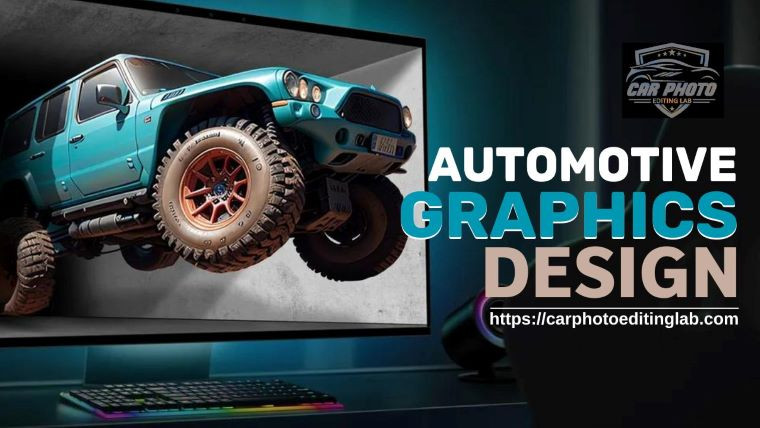
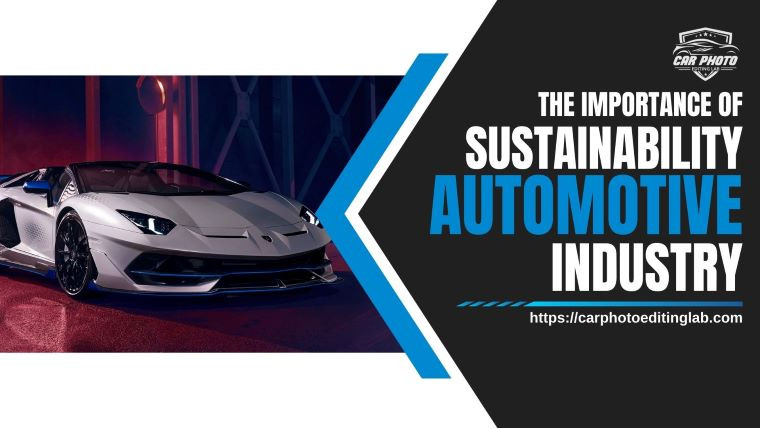

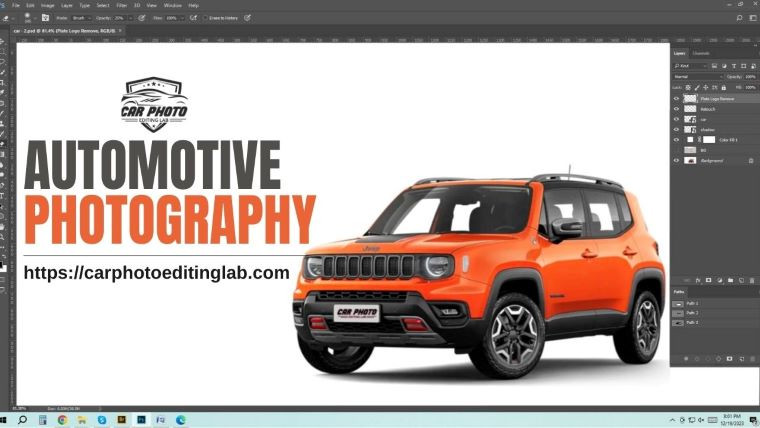









0 Comment